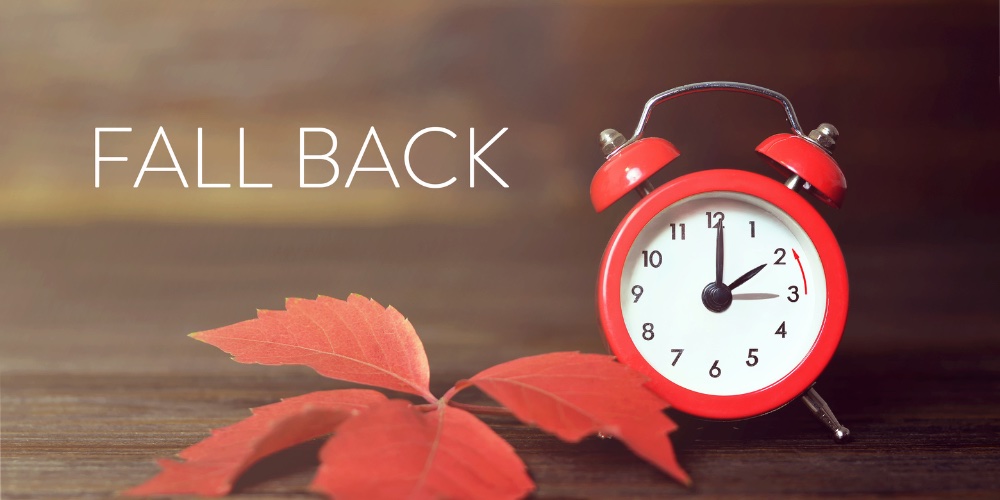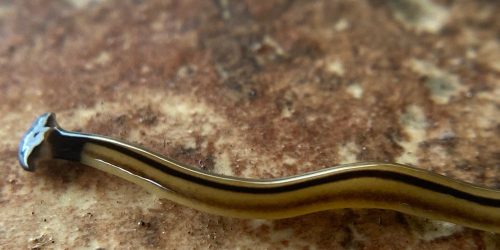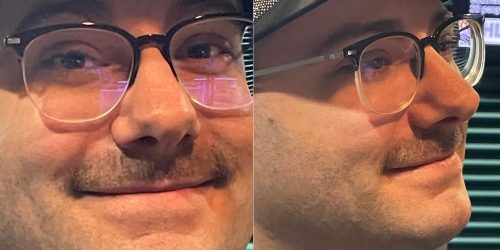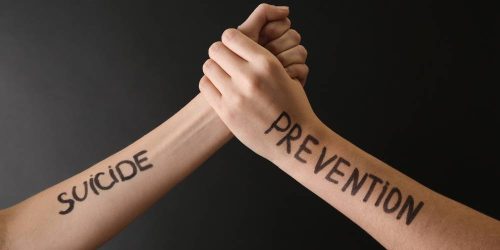WHY TURNING BACK THE CLOCKS IS BAD FOR OUR HEALTH!

On Sunday, November 6th at 2 am, clocks will be turned back one hour, changing the local time to 1 am.
To see the glass half full. While it will get darker a lot soon, losing that much-needed Vitamin D, we gain an extra hour of sleep.
Some studies show that moving from daylight time to standard time disrupts natural sleep cycles, which can affect a person’s mental and physical health.
The human brain has a biological clock, or a circadian rhythm, running on a 24-hour cycle, according to the Mayo Clinic.
Disruption to a person’s sleep schedule — whether it be gaining or losing an hour of sleep — demands a difficult adjustment to everyday life.
Sleep disruption can also lead to a higher risk of cardiovascular disease.
A study determined that a good night's sleep is important to maintain heart health.
Losing an hour of sleep during the springtime caused a 24% spike in heart attack visits in US hospitals every year on the Monday after springing forward. The opposite occurs in the fall, with heart attack visits dropping 21% the Monday after gaining an extra hour, according to a study.
On the other hand, adapting to evening coming earlier in the winter also leads to an increase in car accidents. Drivers are 10% to 15% more likely to be in a car crash between 4 and 7 p.m. in November compared to the rest of the day, according to research compiled by Zurich Insurance in 2020.
And standard time can wreak emotional havoc too.
The extra hour of daylight in the morning we’re supposed to get when we fall back only lasts a couple of weeks before the winter days get shorter and the sunrise inevitably gets later.
In 2022, the shortest day of the year — also known as the winter solstice — will be Dec. 21, when the sun sets at 4:48 p.m. — making the day almost six hours shorter than that of the June solstice.
A decrease in sunlight can affect a part of the brain called the hypothalamus, which can alter levels of melatonin and serotonin, as well as the body’s biological clock.
Given that there are more hours of the day spent in darkness than in daylight, some people will experience low moods and depression, as well as fatigue, muscle pain and weakened bones from a lack of natural vitamin D.
Beat FOMO by being in the know!
Sign up for our newsletter today and never miss a beat.







